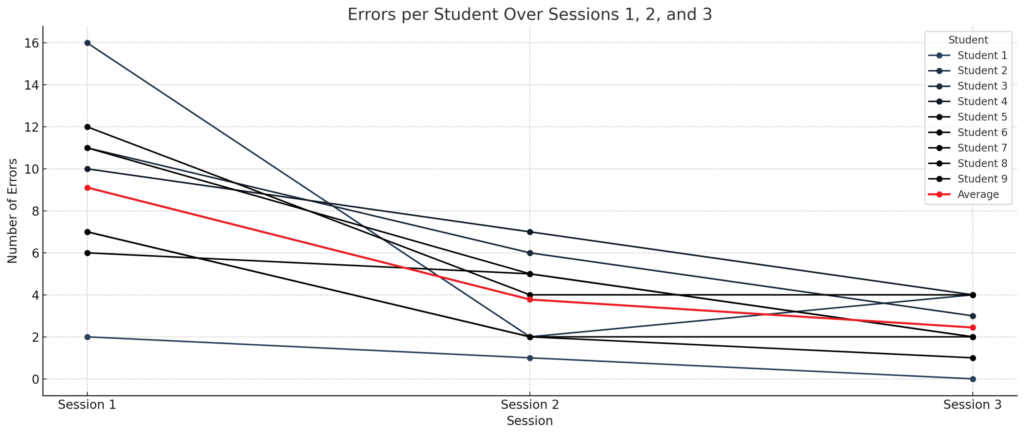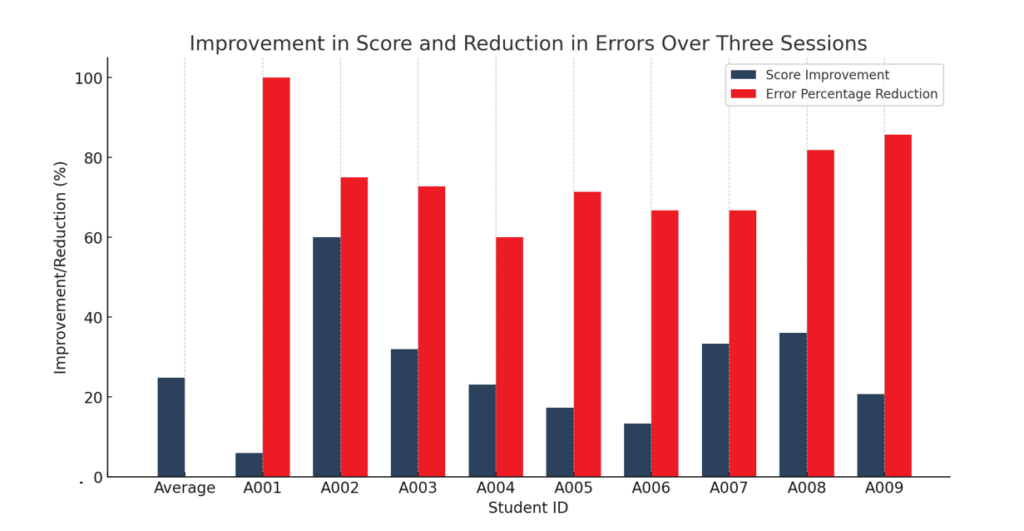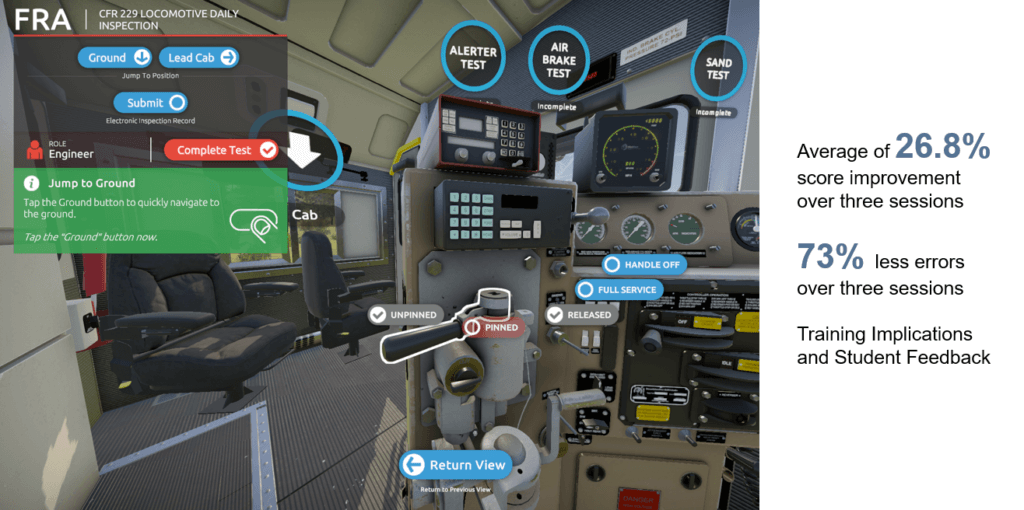Presented at the recent 2023 FRA Rail Share event, details of Canadian National’s recent Measured QMI Competency Study — the first measured study on scenario-based virtual training sims — can be read below.
One important Training Simulations look innovative and new age, but do they actually work?
At Rail Share 2023, Canadian National answered this question for the rail community. They shared an evidence-based study measuring the efficacy of scenario-based training sims on raising QMI competency levels. Measured studies like this are instrumental in not just telling, but showing the effectiveness of new technologies.
Facets of the study:
- Measure results from 3 sessions of a new-hire QMI training program using CFR 229 Locomotive Daily Inspection Simulation.
- Compare increase/decrease in QMI competency as they inspected locomotives for defects and hazards in a virtual, simulated environment.
The objective? Collect evidence & data for this hypothesis: Does Simulation & Scenario-Based training improve defect and hazard identification for QMI’s?
CN’s findings? A remarkable 27% improvement rate in defect identification across the board.
A Significant Trend
The data analysis reveals a noteworthy trend of increasing scores from session to session, averaging 9.1, 3.8, and 2.4 errors (out of 36) in sessions 1, 2, and 3 respectively. All students exhibited continuous improvement. For instance, Student 8 scored a 25, 31, and 34 out of 36 over the three sessions.
 Average of 9.1 errors in first session, 3.8 errors in the second, and 2.4 in the third.
Average of 9.1 errors in first session, 3.8 errors in the second, and 2.4 in the third.
Students demonstrated a clear pattern of increasing scores from session to session, averaging a 26.8% score increase from session 1. However, this improvement isn’t a one time anomaly. From session 2 to 3, students improved by an average 4.4% — taking the total average to 93.21%.
 Average of 26.8% score increase over three sessions.
Average of 26.8% score increase over three sessions.
Simulation Training and Looking to the Future
Canadian National’s QMI efficacy study sheds light on the impact of simulation-based training in an industry where small errors can have significant consequences. Empirical evidence supports these technologies, yielding tangible improvements in student ability — in this case over 26.8%.
As we continue this journey, one thing remains clear: The importance of simulated experience and practice cannot be overstated.
Want to demo a training solution for your workforce? Reach out here – [email protected] or call 888.781.0274 ext. 701
This year 45,315 railroaders will stay competent with these training simulations and guides.
Leading Freight and Passenger railroads – BNSF, Union Pacific, Amtrak, Norfolk Southern, CSX, Canadian National — deploy virtual training technology every day (via PC, Tablet, LMS or AR/VR). Heartwood has featured in major rail publications, awarded ‘Inc. Magazine’s 5000 Fastest Growing Companies’ and ’10 Most Trusted Simulation Solution Providers’



